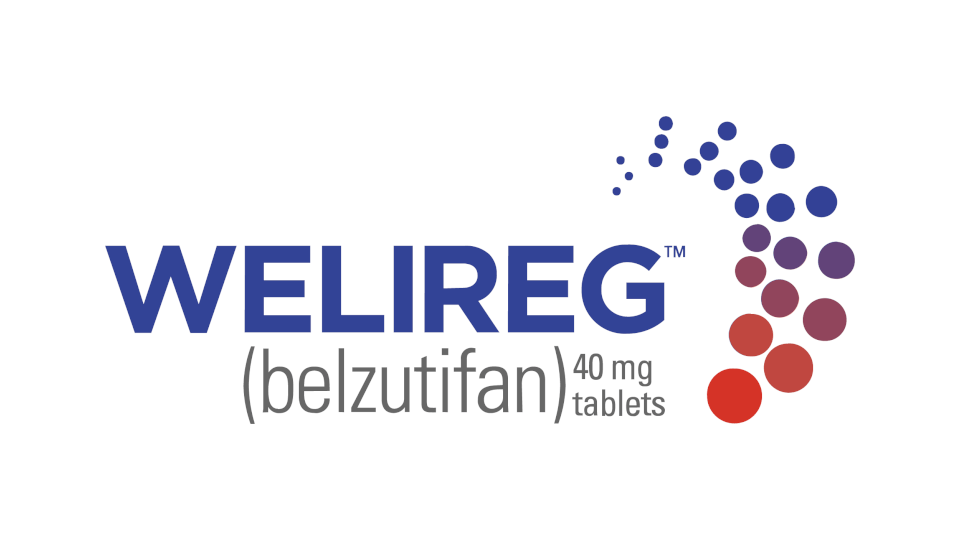Scotland first in Europe to back MSD drug for VHL tumours

Scotland has become the first country in Europe to recommend coverage of MSD’s Welireg as a treatment for some people with von Hippel-Lindau disease (VHL), a rare genetic disorder that can lead to the development of benign and cancerous tumours and cysts.
The Scottish Medicines Consortium (SMC) has backed access via NHS Scotland to Welireg (belzutifan) for adult VHL patients who need treatment for certain tumours associated with the disease, including renal cell carcinoma (RCC), brain and spinal cord tumours (haemangioblastomas), or pancreatic neuroendocrine tumours (pNETs).
Welireg can be used in patients who cannot be treated effectively with localised procedures like surgical removal, said MSD, which is known as Merck & Co in North America. South of the border, NICE is due to hold a meeting on Welireg for this indication in November, with a decision due next January.
Graham Lovitt, chair of patient organisation VHL UK/Ireland, said that the SMC’s decision is “game-changing” for patients with the disease who, until now, have had no medical treatment options other than “repeated, multiple, high-risk surgeries.”
“We would like to thank the SMC for its clear guidance and its rapid and patient-focussed appraisal process; the excellent contributing clinicians; and Action Kidney Cancer for their expert insights and support,” he added.
“We now wait, with anticipation, for the outcome of the ongoing NICE appraisal, with hope for VHL patients in England and the rest of the UK.”
VHL affects approximately 1 in 27,300–39,000 live births and affects patients of all ages, with the tumours caused by the disorder associated with debilitating symptoms including pain, loss of balance and motor skills, loss of vision, breathlessness, coughing, headaches, confusion, and severe nausea and fatigue.
Welireg (belzutifan), an oral HIF-2 alpha inhibitor, has been approved by the UK drugs regulator the MHRA for VHL since May 2022, making it the first European country to approve the drug. MSD acquired it as part of its $2.2 billion takeover of Peloton Therapeutics in 2019.
“VHL can be a complex and, at times, devastating genetic disease, in which patients can also find themselves acting as carers for their loved ones who share their diagnosis,” commented MSD UK’s head of oncology, David Long.
“This decision provides a welcome option for patients, reducing the need for and impact of numerous surgeries,” he added. “We are committed to supporting NICE with their ongoing appraisal to ensure that patients from the rest of the UK are able to access this treatment option.”
Despite the rarity of VHL tumours with an estimated 200,000 patients worldwide, MSD has blockbuster aspirations for Welireg, aiming to eventually expand its indications into advanced RCC both alone and in combination with Keytruda and Eisai’s Lenvima (lenvatinib) – as well as glioblastoma multiforme, a hard-to-treat form of brain cancer.













